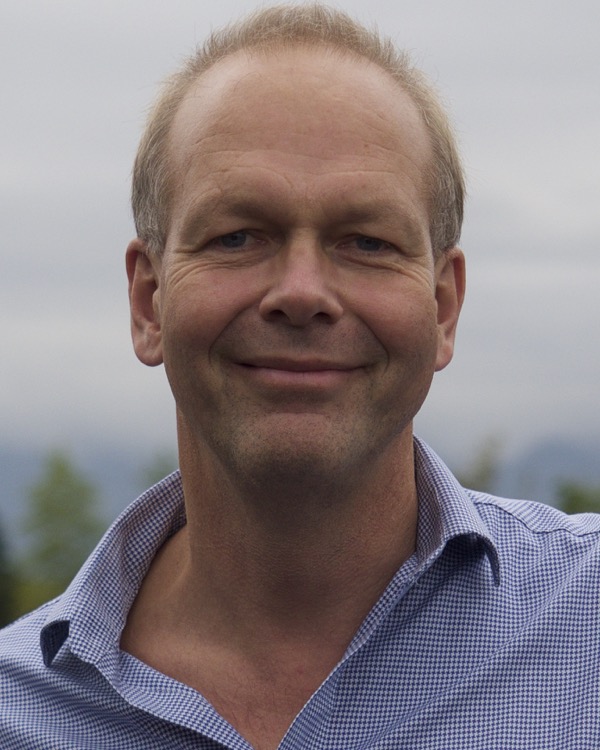
| Don Stikvoort is founder of the companies “S-CURE” and “Cross Your Limits”. S-CURE offers senior consultancy in the area of cyber security – specialising in security incident management (CSIRT), governance/policy matters and translating theories and policies to real life. Cross Your Limits offers life/exec coaching and trainings in “human arts”. Don’s client base is global, however on his home front (The Netherlands) he works together with several colleagues in the m7 partnership. After his Master’s degree in Physics, he became Infantry platoon commander in the Dutch Army. In 1988 he joined the Dutch national research network SURFnet. In that capacity he was among the pioneers who together created the European Internet since November 1989. He recognised “security” as a future concern in 1991, and was co-founder and chair of the 2nd CSIRT in Europe (now SURFcert) from 1992-8, FIRST member since 1992 – later Don became a FIRST Liaison Member, until today. Together with Klaus-Peter Kossakowski he initiated and fostered the closer cooperation of European CSIRTs ever since 1993 – this led to the emergence of TF-CSIRT in 2000. In 1998 he finished the "Handbook for Computer Security Incident Response Teams (CSIRTs)" together with Kossakowski and Moira J. West-Brown of CERT/CC. He was active in the IETF and RIPE (co-creator of the IRT-object). Don chaired the Program Committee for the 1999 FIRST conference in Brisbane, Australia, and kickstarted the international FIRST Secretariat in the same year. From 2001-2011 his company ran TFCSIRT’s Trusted Introducer service. He authored and taught several training modules for the CSIRT community, some of which are being used worldwide today, e.g. as part of TRANSITS. In 1998 Don started his first company. A first assignment was to build the network connecting over 10,000 schools in The Netherlands. Many CSIRTs were created with his help and guidance, among which the Dutch national teeam (NCSC-NL), and teams for universities, major hospitals and big corporations like Philips. Second opinions, audits and maturity assessments in this field have become a specialty – and in that capacity Don developed SIM3 in 2008, the maturity model for CSIRTs which is used worldwide today for maturity assessments and certifications. SIM3 has now been taken under the wings of the notfor-profit “Open CSIRT Foundation” (OCF). Don was one of the founders in 2016 and now chairs its board. CSIRT community building worldwide is one of Don’s specialties: he is active as expert on behalf of the Cyber4Dev project, participates in the GFCE, and works together with CERT.br, WACREN, AfricaCERT, ITU and many others. Starting in 1999, Don was certified in NLP, Time Line Therapy®, Coaching, Hypnotherapy and other psychotherapy forms, and started what is now Cross Your Limits as a result. Cross Your Limits’ portfolio is life & executive coaching, and workshops and intensive training courses in what Don likes to call “human arts”, leading to internationally recognized certifications. He also trains communicators, presenters and trainers, including many in the CSIRT field. Don thrives as motivational and keynote speaker. He enjoys to share his views on how the various worlds of politics, economics, psychology and daily life, but also cyber security, all intertwine and relate – and how increased understanding of this “texture” and a better ability to express ourselves, increase our ability to bring good change to self – and the world around us. He has discussed such topics in keynote talks from The Hague to Bali, from Hamburg to Mauritius and from Rome to the Australian Outback. His goal is to challenge his audience to gain deeper insight and understanding, and motivate them to be the difference that makes the difference, reminding them of the old African proverb: “If you think you’re too small to make a difference, try sleeping in a closed room with a mosquito”
|